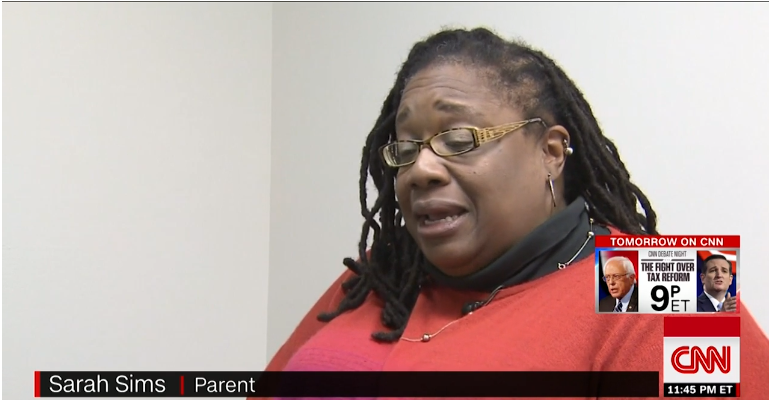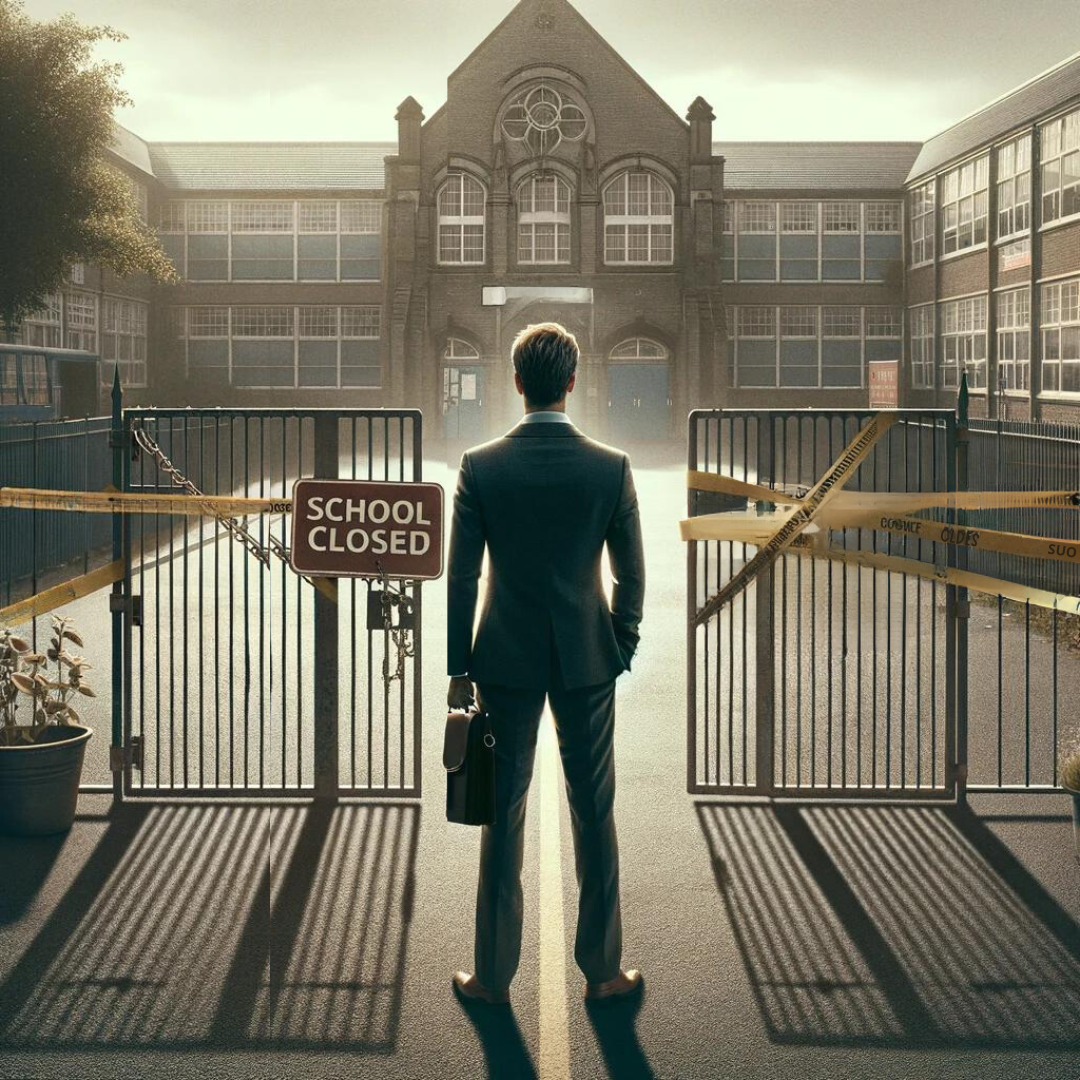School administrators seek to punish mom who tried to stop bullying

Public school officials had Sarah Sims arrested when she tried to document an incidence of bullying against her daughter at their Norfolk, Virginia school. The nine-year-old student had been subjected to kicking, hitting and other abuse that made her afraid to go to school. After repeatedly contacting school officials and getting no response, Ms. Sims had her daughter take a recording device in her backpack, in order to gather evidence to show officials the importance of addressing an ongoing pattern of bullying.
When school officials discovered the recorder they had Ms. Sims arrested and charged with a felony. She faces up to five years in prison.
Ms. Sims, like many public school parents in Washington state and across the country, is helpless. The law says children must attend school and most families can’t afford private tuition, so officials assign their children to a public school located in their zip code.
Officials in most other schools, public or private, would have handled the matter more sensitively, and would have focused on protecting the child from bullying instead of seeking to punish the mother.
But here’s the problem – many public school families have no choice, they must send the children to the school selected by administrators, even when that leads to felony charges. The worst of it is that the Sims family has no choice, even if administrators relent and allow another option. Either way it will be government officials, not Ms. Sims, who will decide where her child must go to school.
An open-minded policy that allows school choice is the way to give mothers like Sims real power to protect their children from abusive situations. School choice allows parents to transfer their children to a traditional public school, a charter public school or a private school. Family choice in education is based on furthering the best interest of the child, not protecting a status quo system for adults.
Virginia, for example, spends about $10,000 per child, more than enough to pay for tuition at a private school of the parents’ choice. Washington state spends even more, $13,000 per child, again more than enough to pay for an alternative school.
School choice would allow families like the Sims enroll in schools that best fit the needs of their children, whether it is improved academic, access to better teachers, or simply a daily environment free of bullying.
Most importantly, school choice means administrators would have to treat parents like respected customers who make responsible choices, rather than potential criminals subject to arrest.




